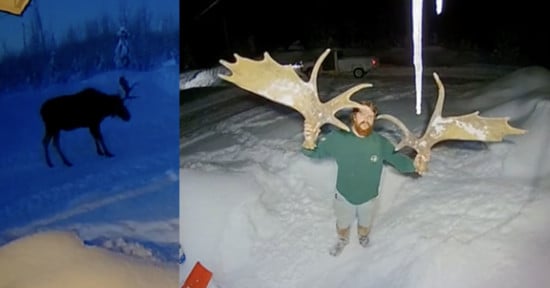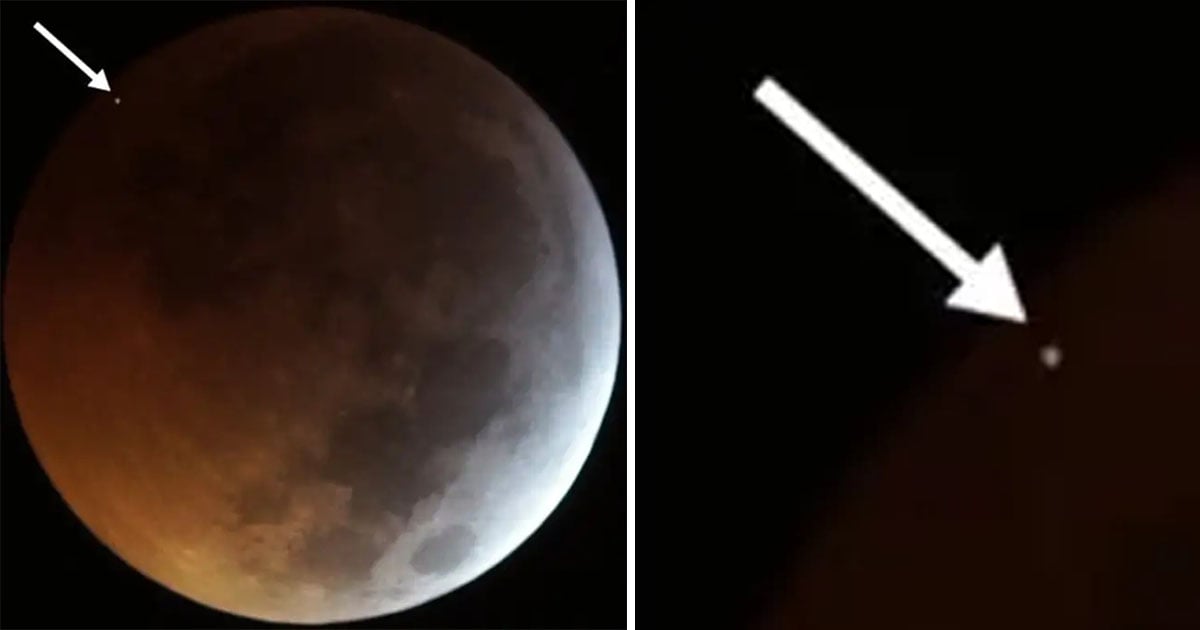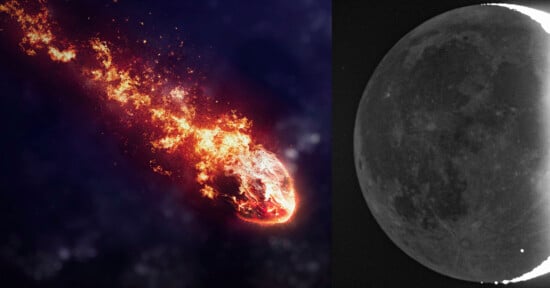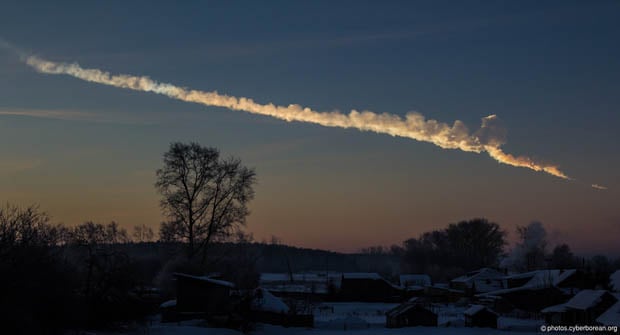Sound of Meteorite Striking Earth Captured for First Time by Ring Camera
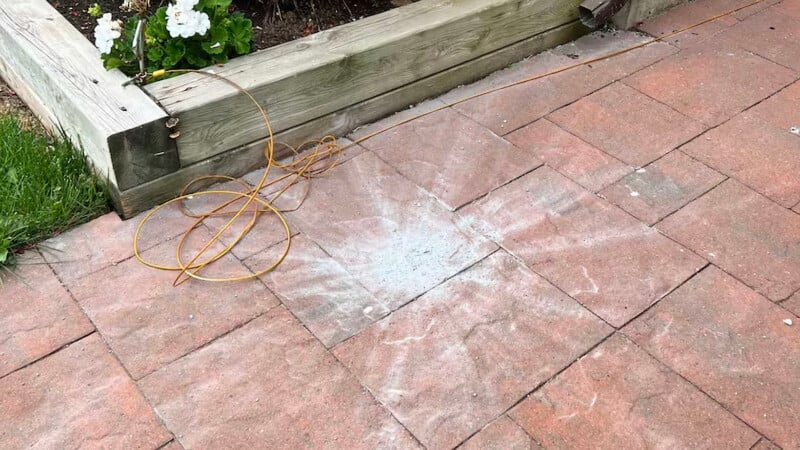
For the first time, a Ring doorbell camera has captured the sight and sound of a meteorite crashing to Earth.
Prince Edward Island, Canada resident Joe Velaidum and his wife Laura had just left his home to take his dog for a walk when the incident took place. While firsthand accounts of impacts have been heard before, they haven’t been captured—until now. Velaidum’s Ring doorbell camera happened to capture the impact, which shows the meteorite darting to the ground and exploding in an impact near his front door. According to the time stamp on the footage, the incident took place on July 25, 2024.
He says his wife’s parents live nearby and heard a “large bang” while the two of them were out walking the dogs.
“As we were cleaning it, they came over and Laura’s dad thought immediately that it could be a meteor. We were both skeptical,” Velaidum says. “But when we went onto the video cameras, we saw that something hit with a tremendous force in the exact spot I was standing just a few minutes earlier. That’s when we contacted Chris Herd, the well-known meteor specialist from the University of Alberta.”
Velaidum sent samples of the “star-shaped” fragments left on his sidewalk to the University of Alberta’s Meteorite Collection to verify its authenticity and curator Chris Herd confirmed that it was a meteorite.
“It is surreal to think about just rare and how close this encounter was. I was standing right at the point of impact, just minutes prior,” Velaidum says. “It’s mind-blowing to think that this hunk of rock traveled hundreds of millions of miles and landed on our front doorstep where I was standing, exactly, a few minutes prior. My partner Laura and I decided to take the dogs for a quick walk. There was nothing unusual about that at all… except that I stopped on the walkway to move a dog leash because the landscapers were scheduled to come and mow the lawn later that day, and the dog leash was on the grass. So I thought I would help. I never stop in that spot.”
Velaidum says that looking back on it, if he had stayed in that spot just a minute or two longer or had taken his time going there, he would have “certainly’ been hit by the meteor and likely been killed.
“So, when I was innocently moving that dog lead, a meteor was hurling towards me. We didn’t know this until we came back from the walk. When we came to the walkway it was covered with black rocks. They were everywhere.”
Herd believes that this is the first time ever that both the sights and sounds of a meteorite impacting the ground has been captured on video.
“It’s not anything we’ve ever heard before. From a science perspective, it’s new,” Herd tells CBC.
Fragments Reveal Origins
After analyzing the 95 grams of fragments recovered from the impact site, Herd concluded that the “Charlottetown Meteorite” originated in the asteroid belt. It was found to be composed of ordinary chondrite, the type of space rock that most commonly strikes Earth, CBC reports.
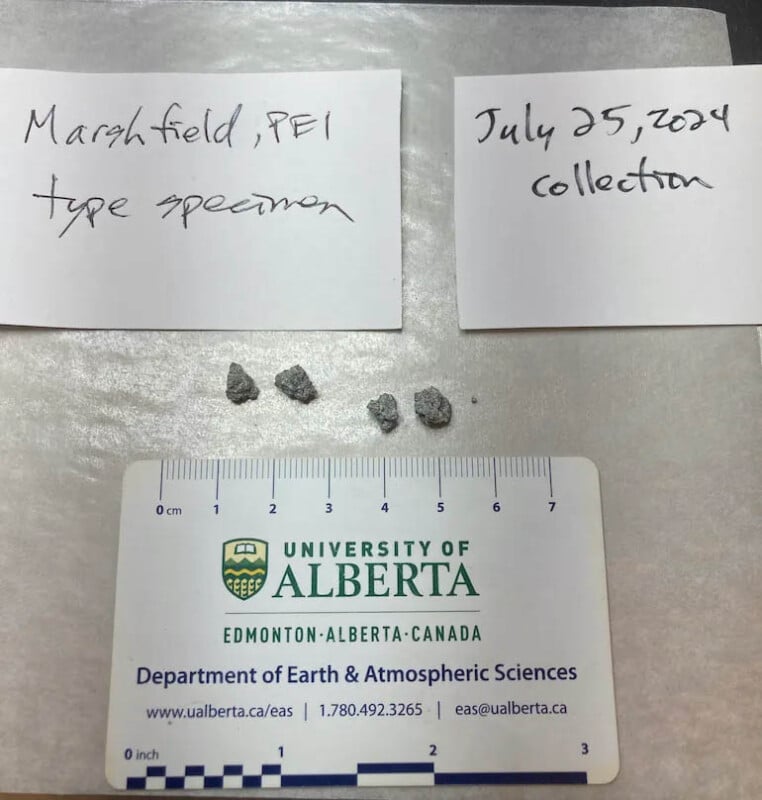
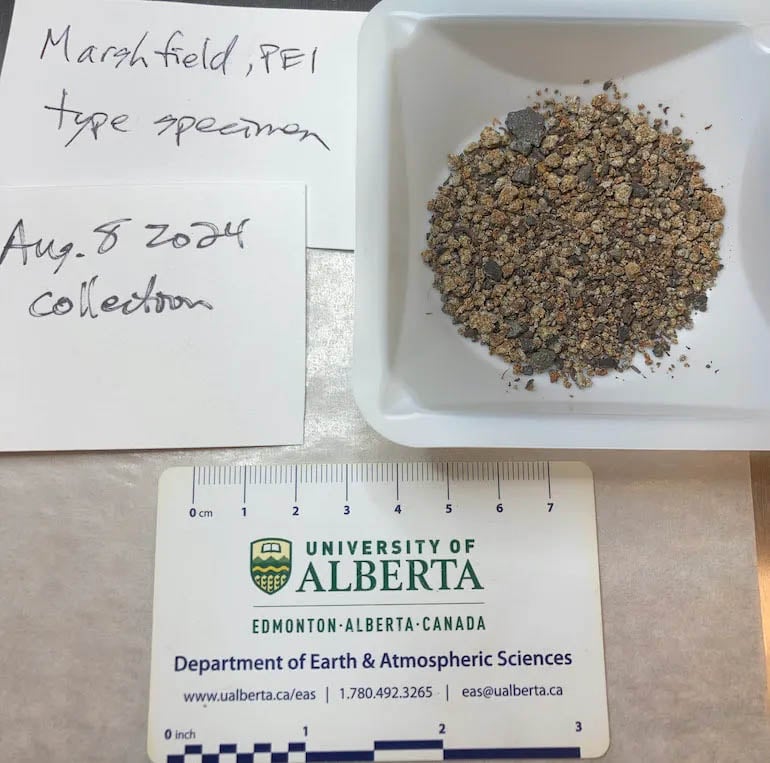
“It’s really awesome. It’s actually the first and only meteorite ever found on the Island, and what a way to make that discovery,” Herd tells CBC. “Every time that this happens, it’s a new sample from space. It’s from the asteroid belt… between Mars and Jupiter, so it’s come a long way.”
